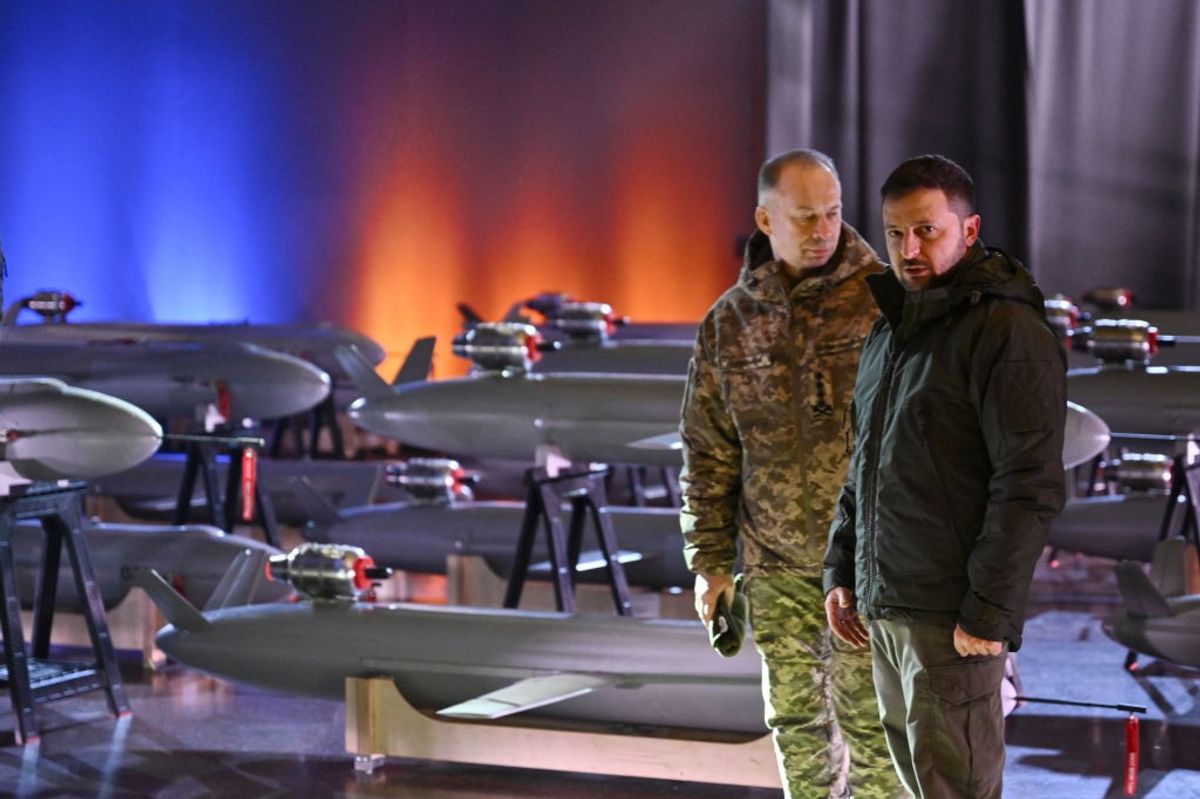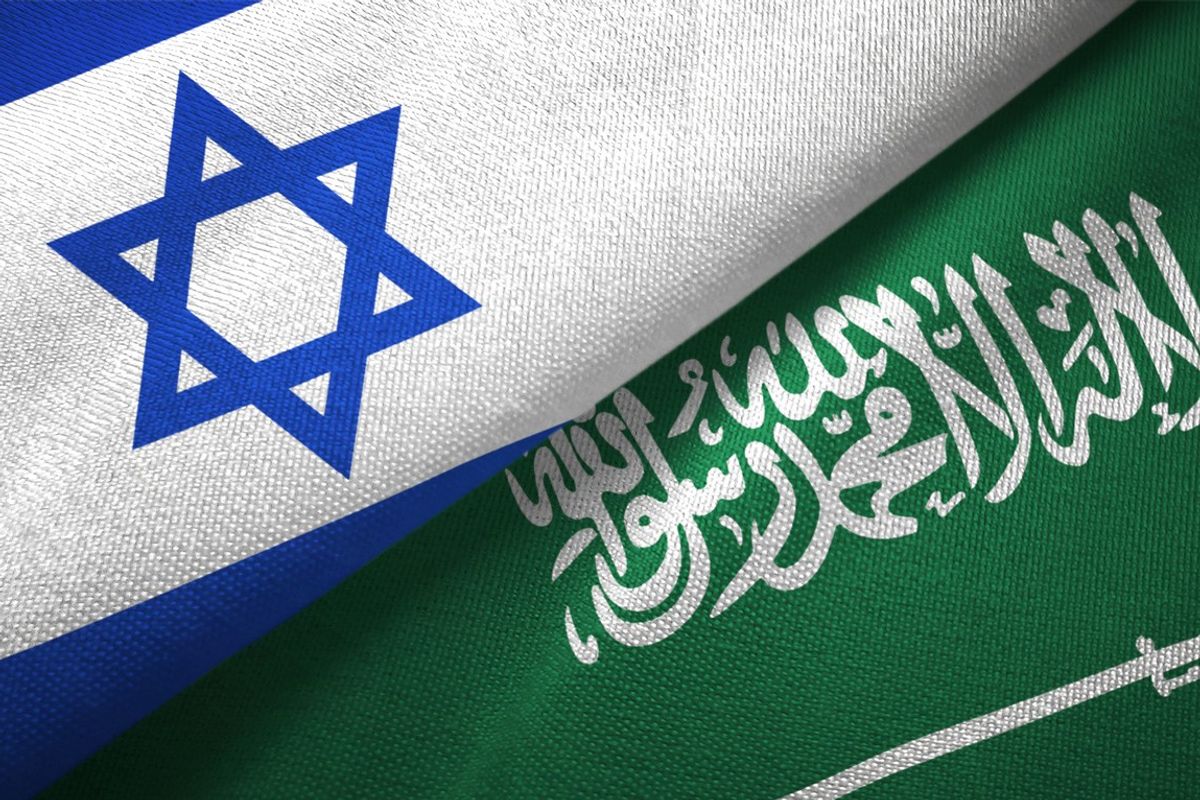Bottom Line Up Front
- Turkey’s ruling AKP party is asking for a full recount in the mayoral election in Istanbul, making accusations of ‘wide-spread crimes.’
- Defeats for the AKP in the nation-wide elections demonstrate that despite Erdogan’s attempt to consolidate power, there remains a very credible political opposition across Turkey.
- Erdogan has pivoted Turkey, an official but increasingly estranged member of NATO, in the direction of Russia.
- Erdogan is seeking a leading role in Syria and is now a full partner with Russia in shaping this phase of the conflict.
On 8 April, Turkish President Recep Tayyip Erdogan traveled to Moscow to meet with Russian President Vladimir Putin. Around this same time in Ankara, the opposition candidate for mayor of the capital city was sworn in. The timing highlights the disconnect between Erdogan’s outsized impact on major geopolitical issues and his strong but diminished standing at home. Erdogan has pivoted Turkey, an official but increasingly estranged member of NATO, in the direction of Russia. With carefully placed press statements in the international press, Erdogan goes to great lengths to stress the critical role Turkey plays in the Middle East, particularly in Syria. But domestically, Turkey’s economy is in recession, inflation has surpassed 20%, and Erdogan’s ruling Justice and Development Party (AKP) suffered numerous high-profile losses in local elections across the country.
Citing ‘theft at the ballot box,’ Erdogan, as chairman of the AKP, called for a full recount of the votes cast in the March 31 mayoral election in Istanbul. The election in Istanbul was very close, with 25,000 votes initially separating the leading opposition candidate Ekrem İmamoğlu and AKP candidate Binali Yıldırım. After the first round of targeted recounting, İmamoğlu is leading Yıldırım by less than 16,000 (of over 4 million votes cast in total). Erdogan stated his party would accept the results once certified by the YSK council. A similar appeal for a recount in Ankara was rejected on April 7 by Turkey’s Supreme Election Council (YSK). Republican People’s Party (CHP) candidate MansurYavaşwas declared the winner and sworn in as mayor of Ankara on April 8.
The nation-wide elections, in which an opposition candidate also won in the city of İzmir, demonstrates that despite Erdogan’s attempt to consolidate power, there remains a very credible political opposition across Turkey. This is true especially at the local level, where opposition parties and their supporters have grown more organized since the last election. Moreover, leaders in Western democracies openly express worries over Erdogan’s pressure on Turkish press freedoms. Similar concerns abound over Ankara’s attempted ‘double game,’ seeking to remain as a full member of NATO while simultaneously moving to purchase advanced military hardware from Moscow. The sputtering Turkish economy has seen the lira plummet while inflation has soared, sullying the cult of personality that Erdogan has spent years fashioning, ever since his time as a popular mayor of Istanbul in the mid-to-late 90s. However the AKP attempts to spin the outcome of recent elections, the losses for their party are a sign that Erdogan, while popular, is vulnerable and far from the omnipotent leader he often presents himself as to the world.
As part of his overtures to the Kremlin, Erdogan has shifted Turkey’s stance on Syria, in which Ankara was once the leading voice demanding the removal of Syrian dictator Bashar al-Assad. There is no question that Turkey has suffered from spillover violence in Syria and faces grave human security concerns; Turkey houses millions of Syrian refugees on its own soil. But Ankara has also armed numerous rebel groups, to include some extremist groups with ties to jihadists. The Russo-Turkish relationship has rebounded from a nadir following the 2015 downing of a Russian jet by Turkish fighter planes. In the years since, Ankara has moved much closer to Putin, with the Russian and Turkish militaries even conducting joint patrols in Idlib. Meanwhile, relations with NATO and the West continue to fray, with the most recent issue over Turkey’s interest in a Russian S-400 surface-to-air missile defense system. That Erdogan has claimed purchasing the Russian system is a ‘done-deal’ shows just how far the Turkish leader is willing to go to flaunt his independence. Erdogan is seeking a leading role in any future negotiated political settlement in Syria as a full partner with Russia, leaving the United States on the sidelines.













